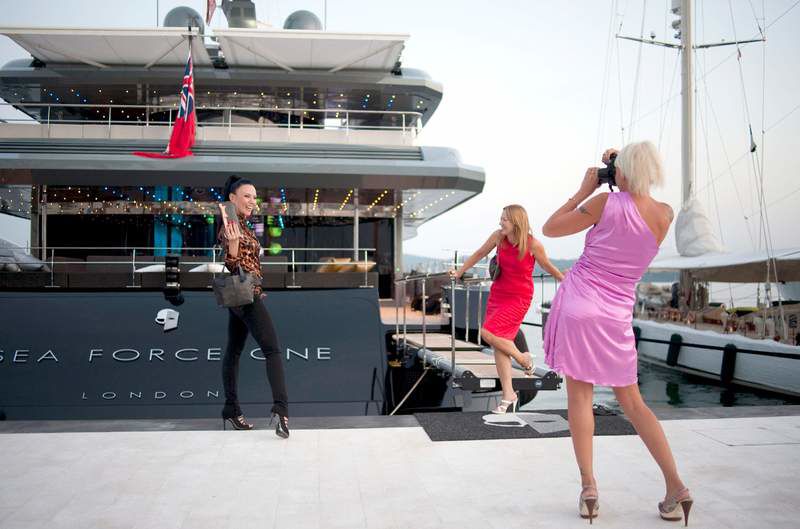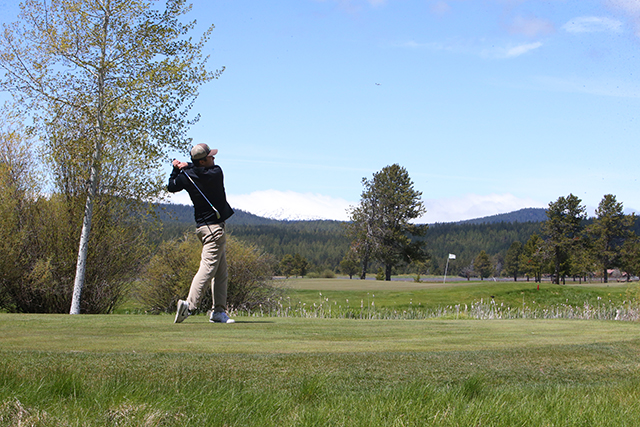Tiny country’s image rests on port project
Published 5:00 am Thursday, August 19, 2010

- Visitors photograph each other by a luxury yacht at the Porto Montenegro in Tivat, Montenegro, earlier this month. The small country on the Adriatic Sea hopes to use foreign investment to create a playground for the super-rich and clean up its image of corruption.
TIVAT, Montenegro — “This is better than St. Tropez,” Milo Djukanovic, the prime minister of Montenegro, exclaimed as he took in a display of yachts berthed in this mountain-shrouded bay on the eastern shore of the Adriatic Sea.
Hardly. But if Djukanovic and a group of foreign businessmen supporting him have their way, the port of Tivat, now just 20 percent complete, could become a new playground for the super-rich and the centerpiece of tiny Montenegro’s audacious effort to clean up its image of corruption and gain entry to the European Union.
With a population of about 670,000, Montenegro is a country roughly the size of Connecticut that achieved independence only in 2006. With its boundless mountains that drop straight into the Adriatic, Montenegro is, as Lord Byron once declared, very much the “most beautiful merging of land and sea.”
But Djukanovic’s ambitious plan to leverage these stunning natural assets to attract foreign investment has drawn plenty of criticism.
“This country is for sale,” said Vanja Calovic, who leads Mans, a corruption watchdog affiliated with Transparency International. “Montenegro is selling everything it has, and I am just not sure what the country is getting out of all this.”
There is no question that the Djukanovic government is investment-friendly.
The corporate and income tax rates of 9 percent are among the lowest in Europe. And in a bid to pave the way for the Tivat project, parliament cut the value-added tax for port-related items to 7 percent from 17 percent — a move that drew a rebuke from the European Commission as being anticompetitive. Supporters say that in a competitive investment world, small countries like Montenegro need to pull out all the stops to attract foreign capital.
But many say Djukanovic’s pell-mell salesmanship is itself a reflection of an unseemly mix of business and politics here that highlights the potential for corruption and shady dealings.
Djukanovic, for example, has a 2.8 percent stake in First Bank, the country’s second-largest bank. His brother has a 46 percent position. Djukanovic’s pay, public records show, is only 1,256 euros a month, but critics have long charged that the prime minister and other parliamentarians supplement their low salaries via a web of outside business interests. In 2006, when Djukanovic stepped down temporarily as prime minister but remained in parliament, he started a real estate investment company.
A spokeswoman for the prime minister said Djukanovic “was indeed involved in private business after he stepped down, but now that he is the prime minister again, he is completely committed to his public role and has suspended all his business activities and relinquished his managerial powers.”






